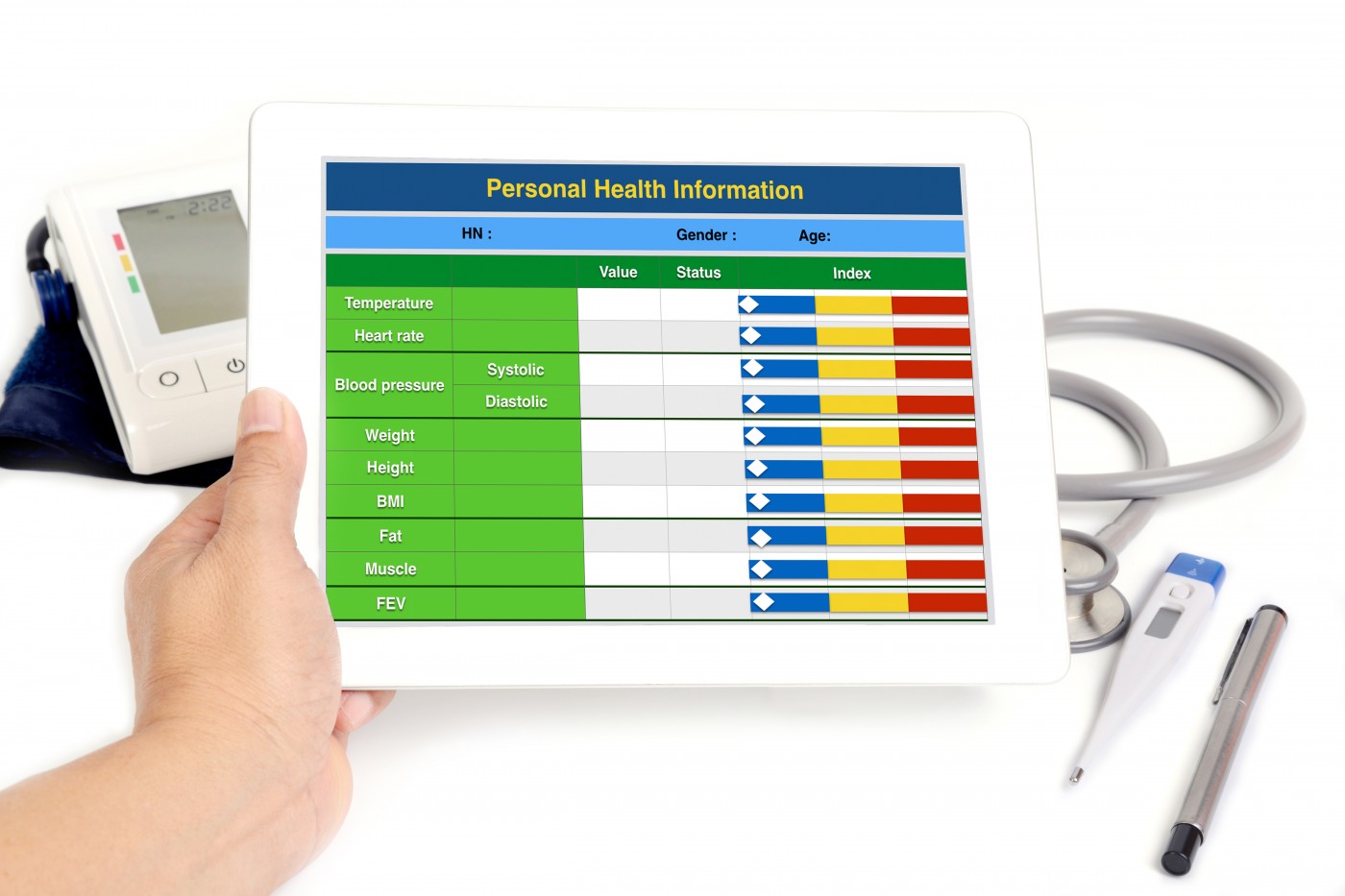MS Clinicians Largely Favor Use of eHealth Technology in Patient Care
Written by |

A study from the University of Technology Dresden, in Germany, reported on attitudes toward the adoption of electronic health (eHealth) solutions among clinicians in neurological practices, and their opinions on the those systems’ requirements and potential benefits in the field of multiple sclerosis (MS).
The study, “Designing an Electronic Patient Management System for Multiple Sclerosis: Building a Next Generation Multiple Sclerosis Documentation System,“ appeared in the Interactive Journal of Medical Research on Jan. 8, 2016.
eHealth solutions allow for the rapid transfer of health information and clinical data between patients and their physicians, as well as among healthcare professionals. Such solutions also have the potential of enhancing the treatment process.
The research group, led by Dr. Tjalf Ziemssen, have previously developed an electronic, large-scale documentation system with standardized interfaces, known as the Multiple Sclerosis Documentation System 3D.
In an earlier study, the group analyzed the use of eHealth technology by MS patients and their willingness to adopt it for therapy. Now, the team focused on healthcare personnel. They collected data using a questionnaire, completed by 74 neurologists across Germany. In total, 43 percent of the included clinics were specialized in MS care.
Of the clinics in the study, 90 percent were already connected to the Internet, but specialists at only 49 percent of them claimed they preferred permanent access. Clinicians responding to the survey were, in general, very open-minded about eHealth services and stated that, among health information technology services, treatment and study documentation had the potential to benefit the most.
The study concluded that interfaces of complex eHealth services for neurological practices and clinics need to include options for both online and offline data transmission. Also, the ability to connect with pre-existing eHealth structures needed to be assured.
Most of the study participants welcomed the idea of an MS-specific electronic health record system. Existing MS-specific eHealth services were highly appreciated, but the study found that the current level of adoption was below the level of interest expressed in an extended and interconnected system of electronic documentation of MS patients.
The authors stated that the results need to be validated in future studies, and knowledge needed to improve regarding the adoption of different types of eHealth solutions and relevant devices.


